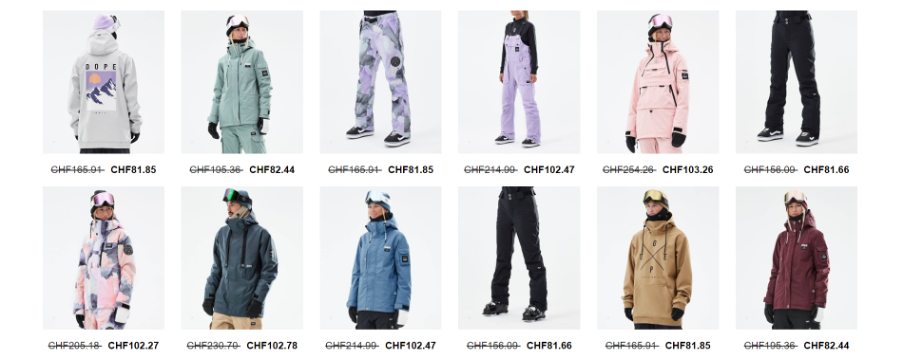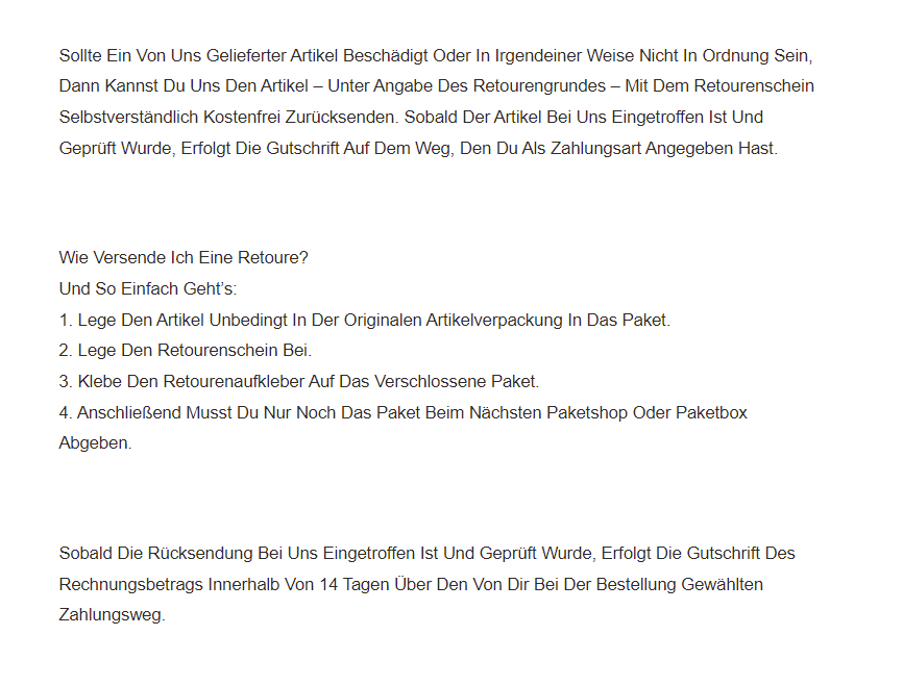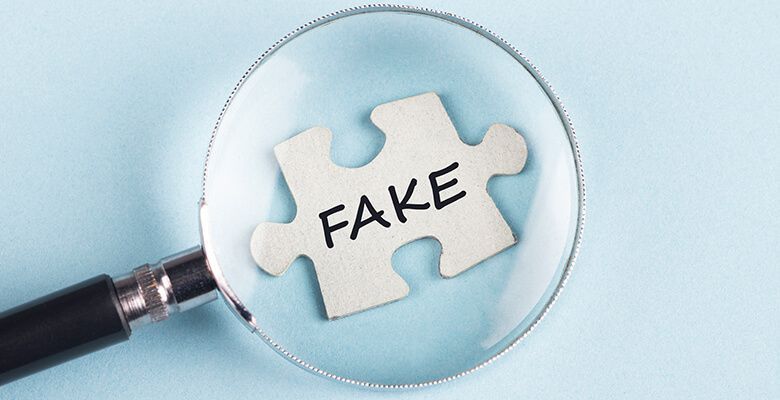With these measures you can avoid the fake shop trap
Despite many crises, one thing is clear: consumers love online shopping and e-commerce as a whole is recording gigantic sales. It's understandable that the prospect of making big money attracts many fraudsters.
As a result, not only new, reputable online shops are emerging every day, but also many fake shops - i.e. fake online shops that rip off their users. The “crooks” not only steal a lot of money, but at the same time they damage free trade on the Internet as a whole.
Because deceived or insecure customers either no longer shop online at all, or they shop with the big, well-known brands - i.e. Amazon, Otto, Zalando and Co. Accordingly, small or as yet unknown shop operators have a difficult time winning new regular customers.
11 signs that your online shop is (not) a fake shop
If you run an online shop that doesn't yet have the appeal of the “big players”, you have to make it clear at first and second glance that people can also buy from you without being ripped off. You can achieve this by taking various measures to show that everything is being done legally. These include, for example, these:
Name
Fake shops are often characterized by the fact that their name sounds like one of a large market participant. Or they “copy” a name by making small spelling mistakes that are hardly noticeable.
What this means for you: Refrain from using a name like “Otto24” or “Amazohn”. This smells like a cheap copy. And with such a name, the risk of being sued by the rights and name holders you are imitating also increases.
URL
Another characteristic that can indicate fraud is the URL. For example, some fake shops do not have a German, Austrian or Swiss domain ending, but rather foreign or unusual endings such as “.to” or “.com.de”. Or the URL doesn’t match the name of the online shop at all.
What this means for you: Use a URL that matches your online shop name and the main location of your company. Or choose an internationally known “.com” extension.
SSL
Fake shop operators occasionally do not establish a secure connection via SSL. This means that the URL does not start with “https://”, but only with “http://” (without “s”). Such an insecure connection can also be recognized by the fact that the small lock symbol in front of the address line is missing.
What this means for you: Be sure to use SSL encryption for your online shop. This creates trust and makes data transmission a bit more secure.
Imprint
Every company that operates a website in Germany must have a correct legal notice. Fake shops do not have an imprint, hide it and/or provide false information.
What this means for you: Place your imprint clearly visible, for example in the footer area. Please ensure that the content complies with legal requirements by, among other things, providing real address and contact details.
Terms and conditions
Fake online shops have no general terms and conditions (GTC). Or, to keep up appearances, you use copied or poorly translated terms and conditions.
What this means for you: Make sure that your general terms and conditions and the legal notice can be found quickly. Write your terms and conditions in such a way that they are easy to understand and inspire trust.
Prices
Most fake shops target the “stinginess is cool” gene in all of us. In this way, you can arouse the interest of visitors with incredible discounts and tempt them to make thoughtless impulse purchases.
What this means for you: Discount campaigns and big discounts are fine - but don't overdo it! If your online shop is littered with knock-down prices and discounts of over 50 percent, it looks like a dubious “junk shop” or a fake shop.


Discounts as far as the eye can see. An indication that something could be wrong with this online shop.
Payment methods
In order to get buyers' money quickly, advance payment is very popular with fake shop operators. The fraudsters often provide various payment methods, but in the end only advance payment is available.
What this means for you: Offer multiple payment methods, including purchase on account, PayPal and credit card. Make sure that all paths really work.
Reviews
Fake online shops either have no reviews or many on their site. If there are reviews, in many cases they are just hymns of praise.
What this means for you is that it is understandable that you highlight good reviews. But make sure you don’t just focus on 5-star reviews. Allow worse grades, this creates trust - according to the motto: “nobody is perfect”.
Trust seal
Fraudsters have also recognized that trust is an important factor in winning customers. Fake shops use fake or fictitious trust seals.
What this means for you: Especially as a new or small e-commerce retailer, you should rely on well-known seals, for example from Trusted Shops or EHI. This shows that your online shop meets certain standards and has been checked accordingly. And: Link the trust seal to the provider’s official review or rating page.
Orthography
Many fake online shops are created abroad and then simply translated using free tools. The texts therefore sound bumpy or are full of spelling errors. Strange-looking formatting can also indicate a rip-off site.


Fake or not? This information page seems strange, doesn't it?
What this means for you: Let a professional copywriter write your texts and, ideally, let it revise by an editor. If you are launching a multilingual online shop, you should have all content translated and localized by an expert. The peculiarities of the respective languages and cultures are taken into account.
Contact options
Fake shop operators want to make money as quickly as possible. Therefore you cannot really get in touch with the fraudsters. Contact forms or stored email addresses often lead to nowhere, and there are rarely chat options for direct exchange.
What this means for you: Offer multiple ways to get in touch with your company. Provide a phone number, an email address and integrate a live chat function.
Checklist: Does your online shop look like a fake shop?
Go through these points and answer “yes” as often as possible:
- Unique name
- Reputable URL
- SSL encryption
- Imprint available
- Terms and conditions available
- Realistic prices
- Miscellaneous Payment methods
- Real reviews
- Trust elements present
- Contact options
Everything implemented correctly? Take the fake shop test!
Not sure whether your online shop could be classified as fake despite all the measures? Then take a test! The consumer advice center offers the free “Fake Shop Finder”, and Trusted Shops offers the “Fake Shop Scanner”. After entering the URL, these tools check whether your website can be classified as reputable.








